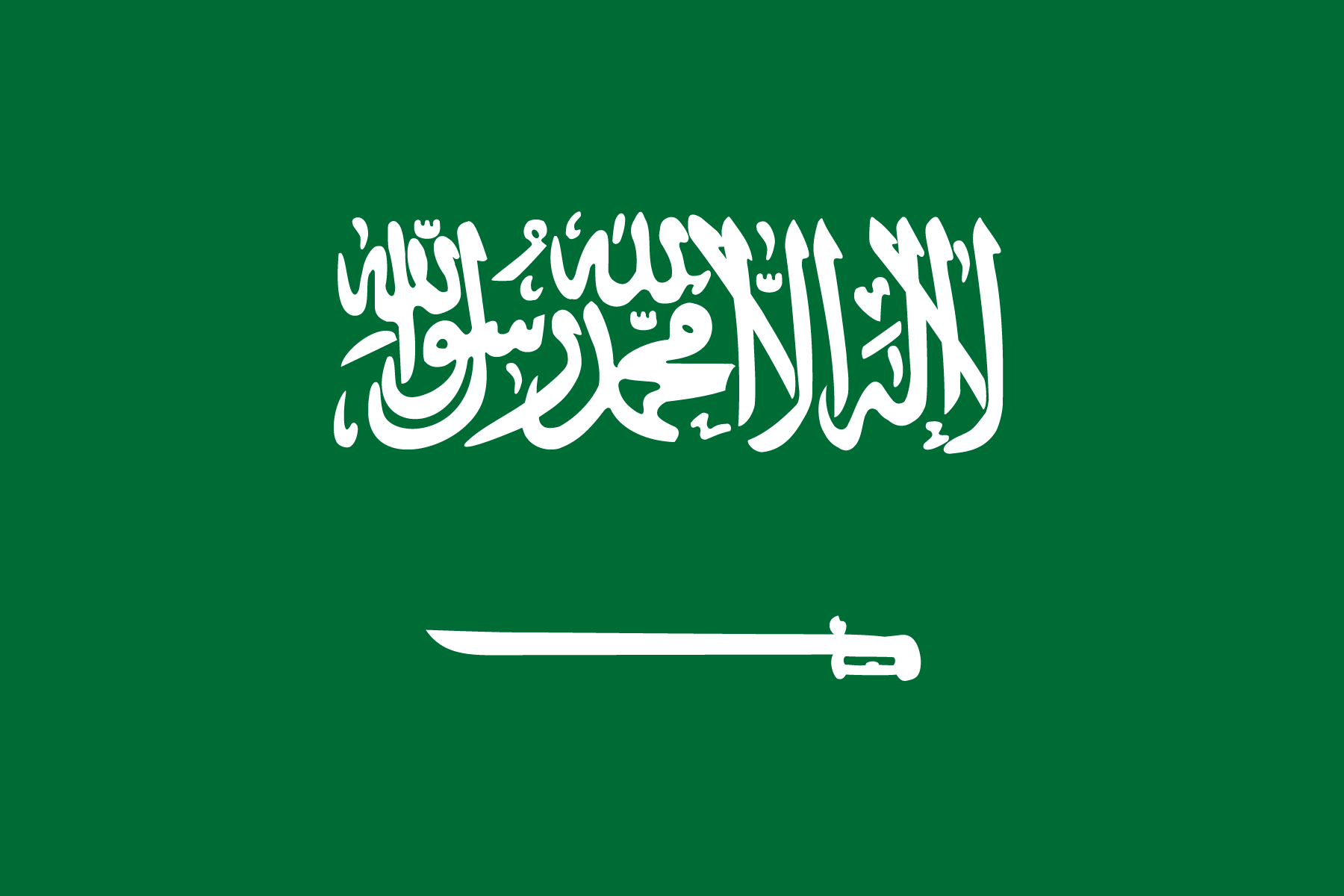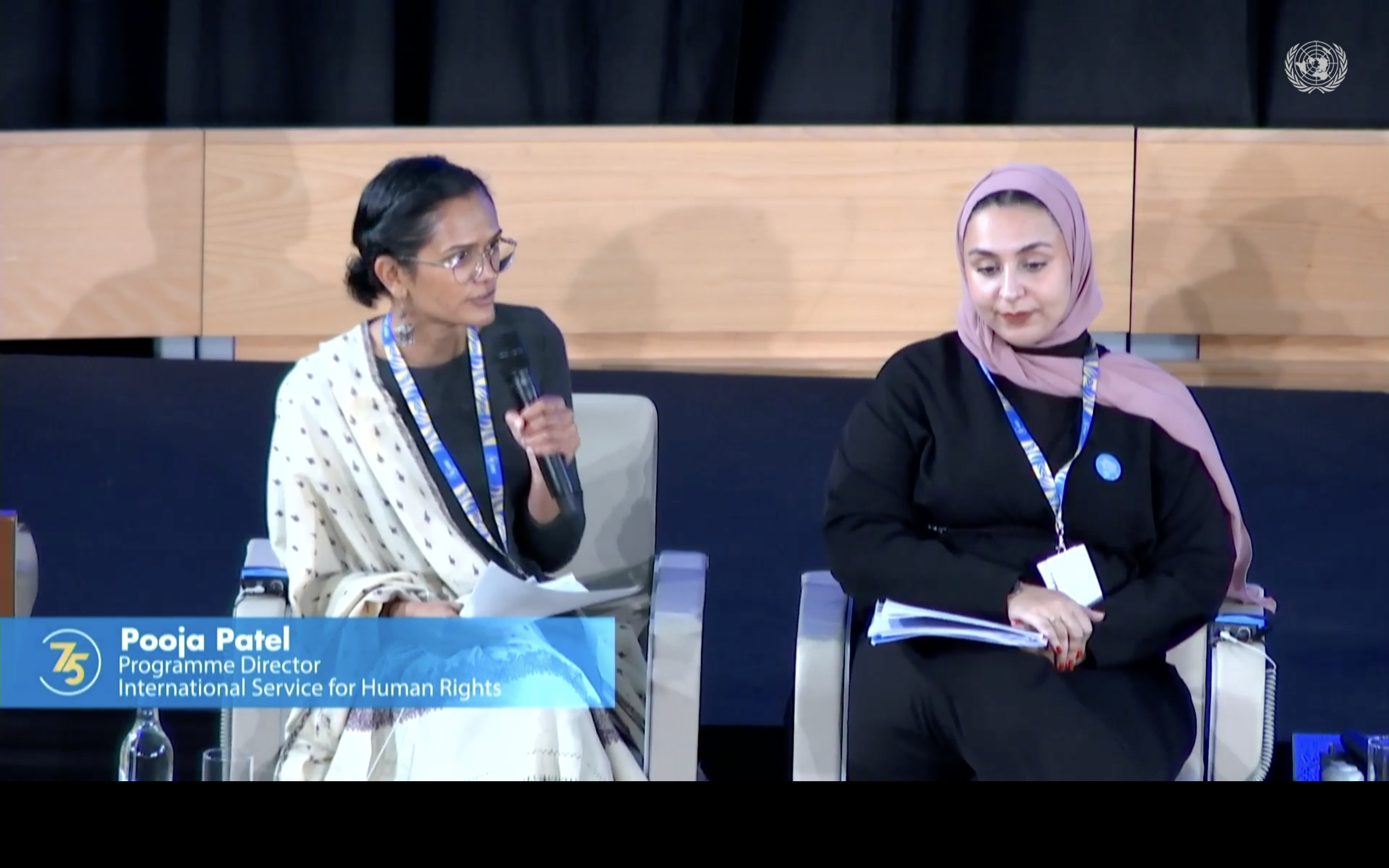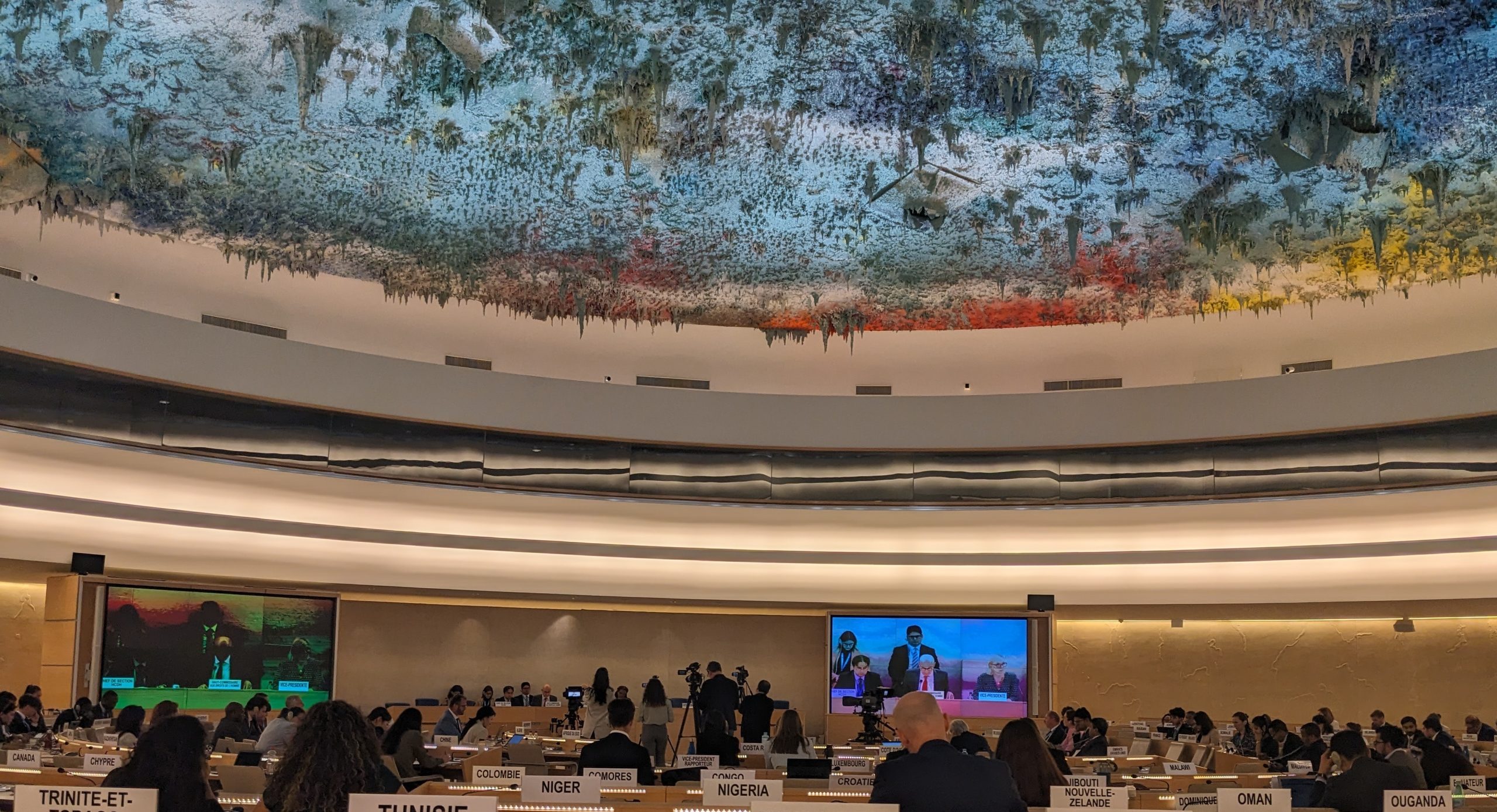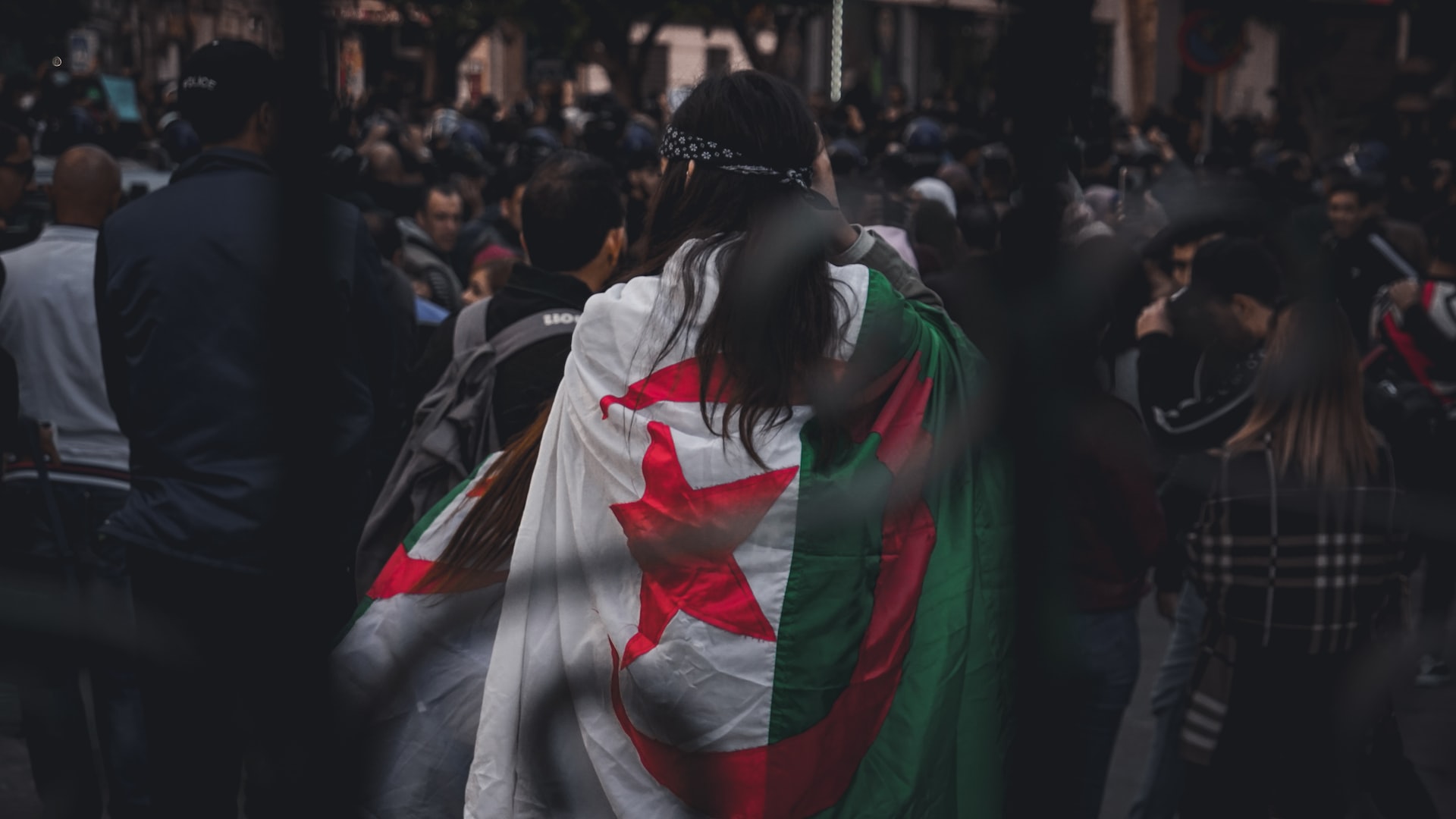Key achievements, lessons learned, and challenges
This past weekend, we marked the 25th anniversary of the UN Declaration on human rights defenders. Human rights defenders are essential actors for the promotion and protection of universal human rights. They work diligently and relentlessly to document and report violations and abuses, to promote human rights, and to speak out for those who cannot.
They work both because of and in spite of their challenging contexts, which include militarisation, religious or cultural extremism, homophobia, and transphobia, corporate capture, a climate emergency, as well as occupation and settler colonialism.
In every region, companies, government officials, media, and armed groups criminalise, stigmatise, harass, and intimidate human rights defenders because of their work to expose these actors and to collectively dismantle power structures that allow such violations and abuses to perpetuate with impunity.
In every region, including at the UN, the space for their important and legitimate work is increasingly threatened in violent and undignified ways. Their seat at the table is considered as a favour, rather than as a necessity.
Defenders globally are facing prison sentences, are being killed and are disappeared for their work applying human rights standards, meanwhile States are playing politics with their lives and the lives of those they work to protect. This includes States who co-sponsor UN resolutions on the situation of human rights defenders and convene high-level panels with the defenders, but criminalise or restrict defenders at the national level, or even use their funding leverage to restrict and silence NGOs.
On this anniversary, it is important to acknowledge that, for 75 years, there has been arbitrary and inconsistent respect and fulfilment of human rights. Universality remains purely aspirational.
Double standards and selectivity undermine the international human rights framework and strip human rights defenders of this important tool. They invest in it, and they need it to deliver justice for their communities. Year after year, session after session, defenders present analysis, documentation, submissions, organise briefings, and make oral statements. They invest whatever they can to come to the UN and speak to people about atrocities and make recommendations on what can be done by the international community to prevent violations, their continuation, and their escalation. I think about defenders from Palestine, Afghanistan, Sudan, and Myanmar, who have been telling the UN for years that things will get bad. And now, here we are.
I urge States to genuinely listen to human rights defenders by acting on the analysis and solutions they bring. They are close to the communities on the ground, they are the eyes and ears of what is really happening. Trust that they bring visions of lasting peace and justice.
Envisioning the future of human rights
My vision of hope lies in the collective and transformative power of solidarity led by human rights defenders, youth and people facing multiple and intersecting forms of oppression. It is found in the act of coming together online and offline— in the streets, in our workplaces and places of education, before elected representatives and in the UN space— demanding from governments what they have denied to their constituencies: equality, dignity, and justice.
We also have important tools at our disposal at the UN, and we urge States to uphold the integrity of these tools – particularly the Special Procedures, the Treaty Bodies, and the Universal Periodic Review. The Universal Declaration of Human Rights presents a roadmap to achieve the world we want to live in, and the Declaration on Human Rights Defenders confirms that we have to recognise, care for, respect, and listen to the people who are working towards that future.
ISHR and 16 other civil society organisations working to promote and protect the rights of defenders have come together over the past year to take stock of the most recent and relevant understanding of the Declaration on human rights defenders. Through extensive consultations with human rights defenders across the world and from a variety of movements, we seek to map how international and regional jurisprudence in relation to human rights defenders has developed, as well as changes in contexts, evolutions of movements and activism, along with defenders’ current lived experiences, priorities, and needs.
This project focuses on norm development over the last 25 years, which is an important aspect of human rights promotion and protection, however the drastic lack of implementation and follow-up in all regions on the vast majority of existing States’ obligations and commitments, means defenders continue to be at risk, and in turn, so are the rights of all.
During consultations, defenders have highlighted several areas of innovations worth further development and investment. These include:
- Developing collective responses for human rights defenders’ protection – defenders are members of their movements and their communities, so while attacks may often be targeted at individuals, their effects ripple throughout;
- Developing holistic approaches for human rights defenders’ protection – incorporating psycho-social and other types of support allows for protection strategies to consider the sustainability of the activism itself;
- Supporting temporary relocation for human rights defenders at risk – in extreme circumstances where defenders must be removed from their situations for their physical safety or the safety of those they are close to, their relocation must be supported including through humanitarian visas. In situations where the entire human rights movement is forced into exile, humanitarian corridors and facilitated visas are essential;
- Finally, States must take a clear and public position against reprisals against human rights defenders engaging with the UN and hold their peers accountable for such actions, including by raising cases and naming victims at all opportunities.
Conclusion
Reflecting on 25 years since the adoption of the UN Declaration on Human Rights Defenders, we see the vital, yet challenging role of these defenders worldwide. They continue their pursuit of justice, equality, and dignity against significant risks. Moving forward, the global community must not only acknowledge, but also actively support defenders, and States must protect them and promote their work to ensure a future where human rights are universally respected, safeguarded, and enjoyed by all people.
Download as PDF




